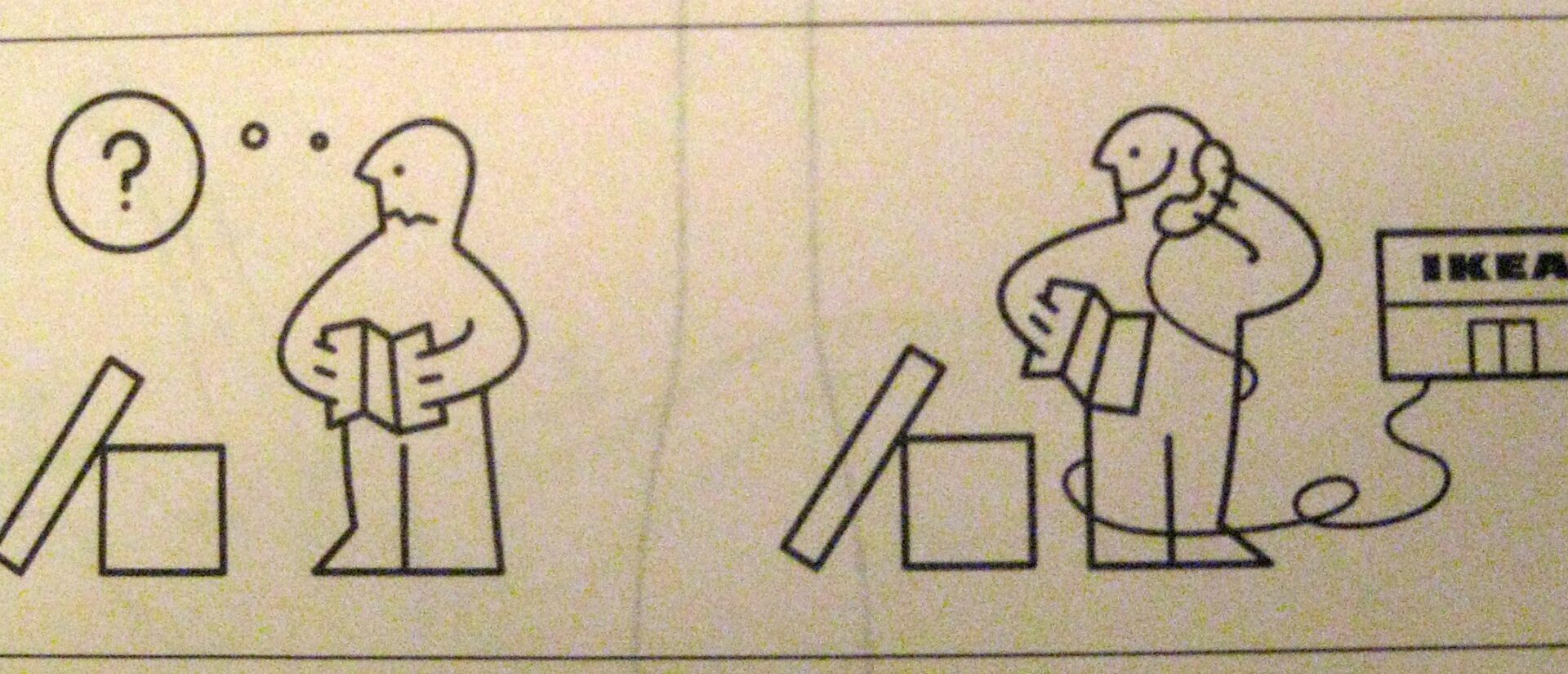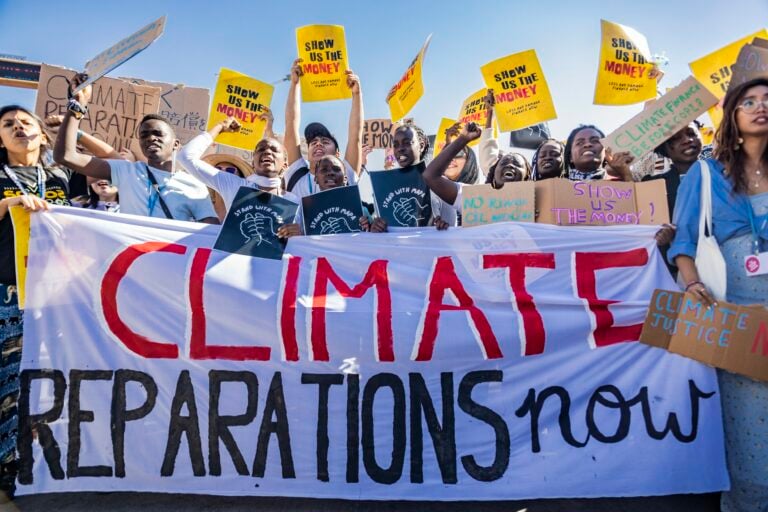
Did you know that… IKEA is a charity?
One in 10 Europeans is conceived in an IKEA bed, conservatively estimated. The IKEA “flat-pack/DIY” furniture concept – either loved or loathed – cuts prices for customers by lowering the costs of transport and storage, and has made IKEA a runaway retail success globally, studied in business and design schools all over the world. For some people it’s heaven, for other it’s hell, but whether you love it or loath it, IKEA’s global brand and success are built on some dirty little secrets.
The global giant for cheap Scandinavian-designed home furnishings is not an ordinary company: it is actually the world’s biggest charity, it gets secret tax breaks(opens in new window) , and although its roots are Swedish, IKEA is legally Dutch. Central to IKEA’s structure is the Netherlands-based Stichting Ingka Foundation, the owner of the IKEA Group, or the majority of the retail shops.
Meatballs
Founded by the infamously frugal Ingvar Kamprad – known for counting the number of meatballs per plate in IKEA cafes – Kamprad fled his native Sweden in the early 1970’s due to its progressive tax system, and lived in tax-exile in Switzerland for 40 years. The IKEA Empire, which spans the property, banking, services, hotel, real estate markets, as well as retail, has made Kamprad the world’s largest furniture retailer, the richest person in Europe and the eighth wealthiest person in the world, with Bloomberg valuing him personally at around $42.9 billion.
Charity
IKEA has an arcane and complicated corporate construction which includes an elaborate global network of foundations, holding companies, businesses and trusts, which are organized into three massive conglomerates. The linchpins of each of IKEA’s three pillars are based in Lichtenstein, the Netherlands and Luxembourg, all tax havens.
In the Netherlands, its bizarre corporate model hinges on a Dutch tax construction, whereby the private Dutch-registered parent of the IKEA Group, Ingka Holding(opens in new window) , is owned by the Stichting Ingka Foundation, which ultimately gives the hugely profitable IKEA the legal status of a non-profit organization or a tax-exempt charity set up with the mandate to “promote and support innovation in the field of architectural and interior design(opens in new window) .” When companies pay little or no corporate tax, which governments need to pay for infrastructure and public services like education and healthcare, it is the rest of us, including individuals and honest businesses, that make up the difference, essentially subsidizing big companies.
Kamprad, who set up the Stichting in Leiden in 1982, and who rarely talks to the press and is very secretive himself, told Swedish journalists in 2011 that “tax efficiency was a natural part of the company’s low-cost culture(opens in new window) .”
Sweetheart deal
A recently leaked cache of tax rulings from Luxembourg, secured by the world’s second largest accounting firm, PricewaterhouseCoopers (PwC) shows how IKEA and 342 other international companies were offered sweetheart deals, or secret tax-slashing arrangements to route their global profits through Luxembourg.
Exposing these leaked documents by public interest groups and investigative journalists last month, has prompted an emergency debate in the European Parliament about the credibility of the new President Jean-Claude Junker, who was the dominant political force in Luxembourg as the Prime Minister from 1995-2013. At least one of IKEA’s sweetheart deals with the Luxembourg tax authorities was crafted in 2009 when Junker was in charge.
‘Business partner’
These secret Luxembourg deals, which were signed off by the grand duchy, show how many of these companies, including IKEA, channel hundreds of billions of dollars through complicated legal and accounting structures, and move profits made in high-tax countries to the low-tax Luxembourg, robbing the public coffers in countries where they actually do business. A second batch(opens in new window) of leaked accounting documents was published on Tuesday (9 December) and has dramatically raised the stakes for Juncker(opens in new window) and his future as European Commission President, after the former head of tax at Amazon said when Juncker was Prime Minster and Finance Minister in Luxembourg, he acted like a “business partner” for Amazon, and offered to help “solve problems” for the company.
The sweetheart deal(opens in new window) Luxembourg offered Amazon appears to be so generous that European Commissioners who have started an investigation into the matter said the untaxed profits could be tantamount to illegal state aid.
Do you need more information?
-

Roberta Cowan
Senior Researcher
Related content
-
Labour Conditions in IKEA’s Supply Chain, Comments IKEA Published on:Posted in category:Publication
-
Labour conditions in IKEA’s Supply Chain Published on:
 Esther de HaanPosted in category:Publication
Esther de HaanPosted in category:Publication Esther de Haan
Esther de Haan -
 Reclaiming wealth for climate, reparations and justicePosted in category:Long read
Reclaiming wealth for climate, reparations and justicePosted in category:Long read Audrey GaughranPublished on:
Audrey GaughranPublished on:

